Horticultural activities were found in a study to create a sense of community, leading to increased connectivity to the larger community and thereby with wider society.
Students and volunteers that partook in the 2015 Hoffman & Doody community gardening and fruit tree programme gained a better understanding of the needs of their community, felt better able to help fulfil those needs and ultimately accomplished a sense of connectivity.
Today I have the pleasure of sharing some expert information from Daniel Ori. Dan is a community gardening expert and all round seasoned horticulturist.
What made you start your company?
Lockdown and legacy. I started what was to become GIA CIC (Gardening In Action) in March 2020 in the first few days of the first UK lockdown.
Friends were texting or tagging me on Facebook with gardening questions, this wasn’t uncommon, but the large number of questions were.
We later found out that over 3 million new UK gardeners were propagated during 2020’s lockdowns.
To channel the enthusiasm of new gardeners in my town and gain some much-needed help answering the volume of questions, I set up a Facebook group “Gardening In Seaford”.
In this group I found people were hungry for how-to gardening content, and so I started a YouTube channel to share videos shot in my little garden on my phone.
During the lockdowns I had some health issues and while waiting for a scan in hospital I wondered, what if an early frost killed me off before I had time to bloom and make my mark on the world?
This deep emotional desire to leave a positive legacy drove me to evolve my Facebook group into an association and then a non-profit Community Interest Company (CIC).
All GIA CIC projects involve supporting gardening in the community. As well as supporting and running projects at railways, roadside verges, parks, and community gardens, we also hold the lease for our own community garden “The Peverells” that we deliver with our project partner Roots Rising CIC.
What’s your favourite thing about what you do?
Caring and sharing. I love working with plants and people, and I have found you can cultivate positive outcomes with both.
The most rewarding part of what I do is sharing my skills and knowledge, in many of my projects I now get to see those I have mentored pass on knowledge and skills.
It’s a very horticultural kind of magic when you sow the seeds of knowledge in a new gardener and with a little nurture and time watch them bloom.
What benefits are there for individuals in doing community gardening?
Community gardening feeds your soul, your senses, social calendar, and your belly while burning calories!
Done right community gardening can help you with issues relating to weight, stress, anxiety, depression, social isolation, and you get carrots!
What advice would you give to anyone looking to join or start a community garden scheme?
Listen to those who have proven experience. Be generous with advice but open to other people’s ideas.
Embrace your differences, and forgive others if they let you down. Community gardening can be like a student house-share where two housemates have a very different political view to you.
Another always neglects to wash up, and someone always forgets to flush the toilet after use.
However, like a student house-share, community gardening can also be great fun.
You will make friends with people you never would have without it. So be tolerant, be open to new ideas, and listen to experience when they tell you things like “don’t manure your carrots unless you want them wonky”.
What are some ways that you have seen your community gardening benefiting society?
As well as creating beautiful biodiverse spaces that can positively impact people’s health while helping to feed us, the reduction in antisocial behaviour and creation of community that grows beyond the garden gate is a constant in all our projects.
I have endless stories of neighbours living in a street for years but never speaking until a garden created a connection between them.
When a fridge was fly-tipped outside our Peverells Community Garden and the council would not remove it, I have seen residents act with a newfound pride for the area by wrestling it into a car and taking it to be disposed of correctly.
The community that can be created beyond the community garden is often like a great oak tree that has grown from a humble acorn.
Ultimately we aim to support any community growing project that needs our help.
The health scare in lockdown didn’t result in me prematurely pushing up the daisies but when that day does come, I feel confident GIA CIC will continue to keep “growing community”.
You can reach-out to GIA CIC via their website www.gardeningin.org
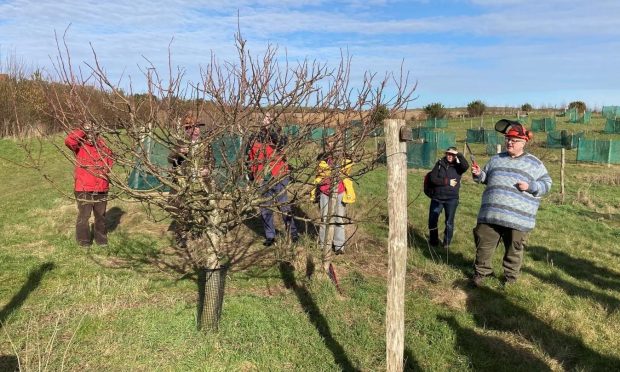

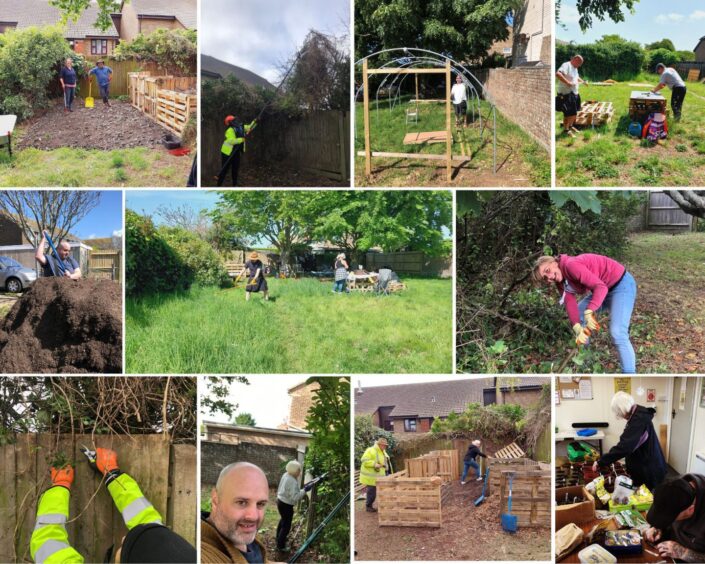
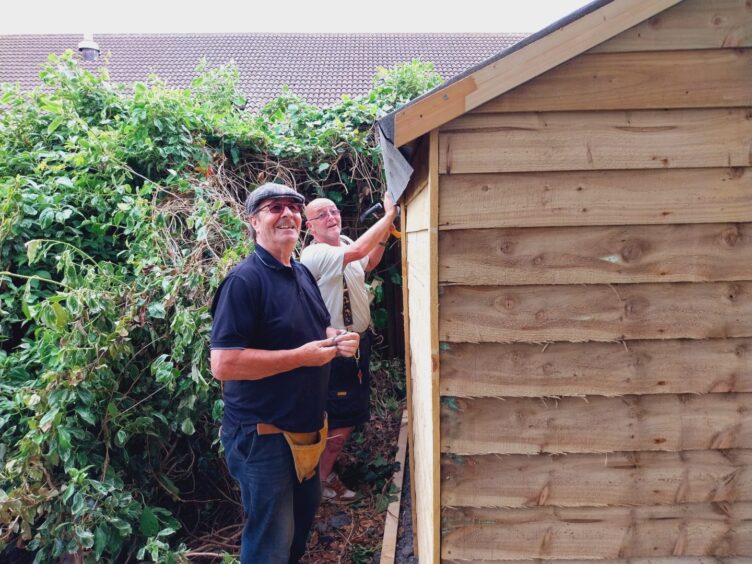
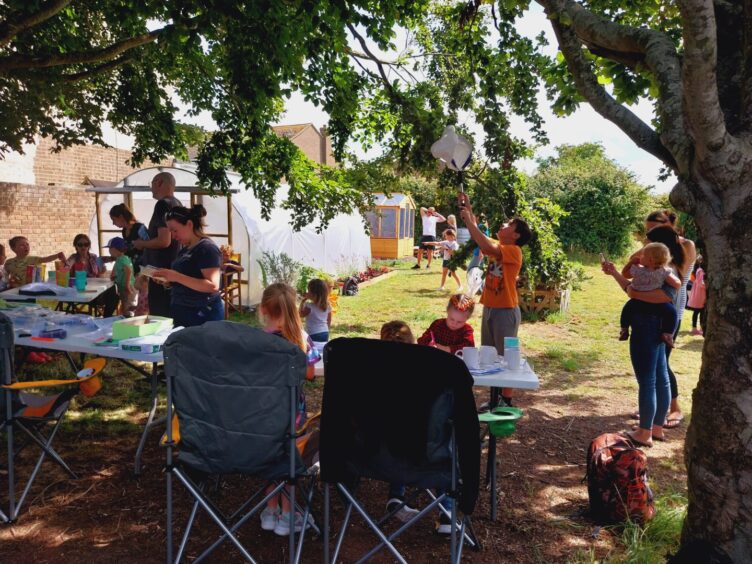
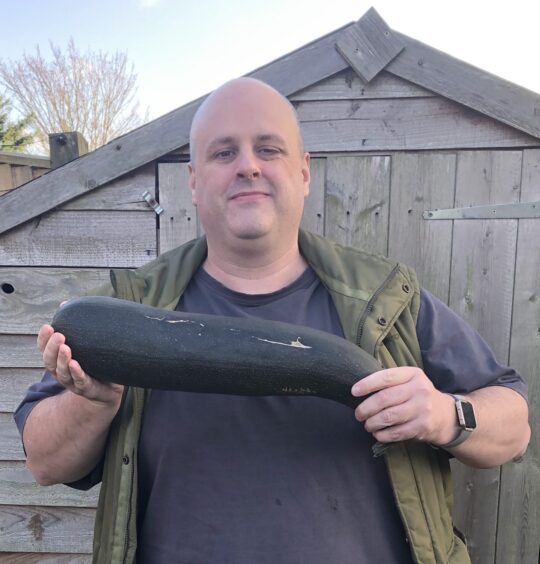
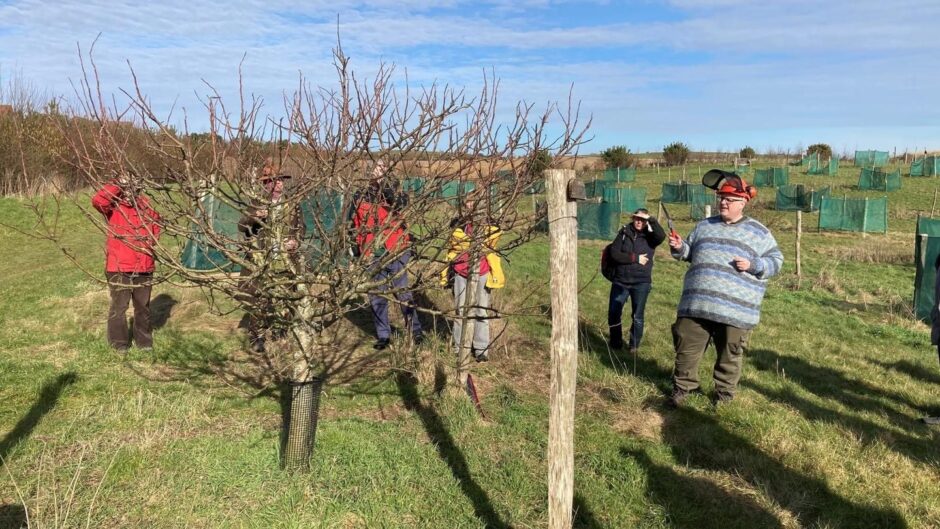
Conversation